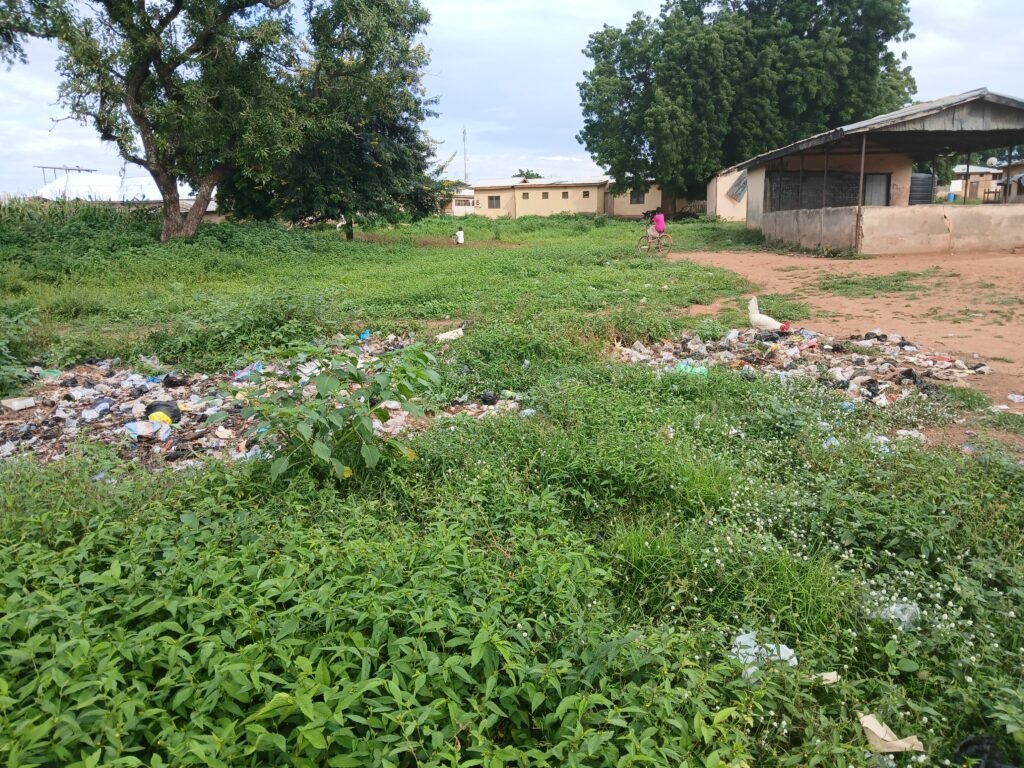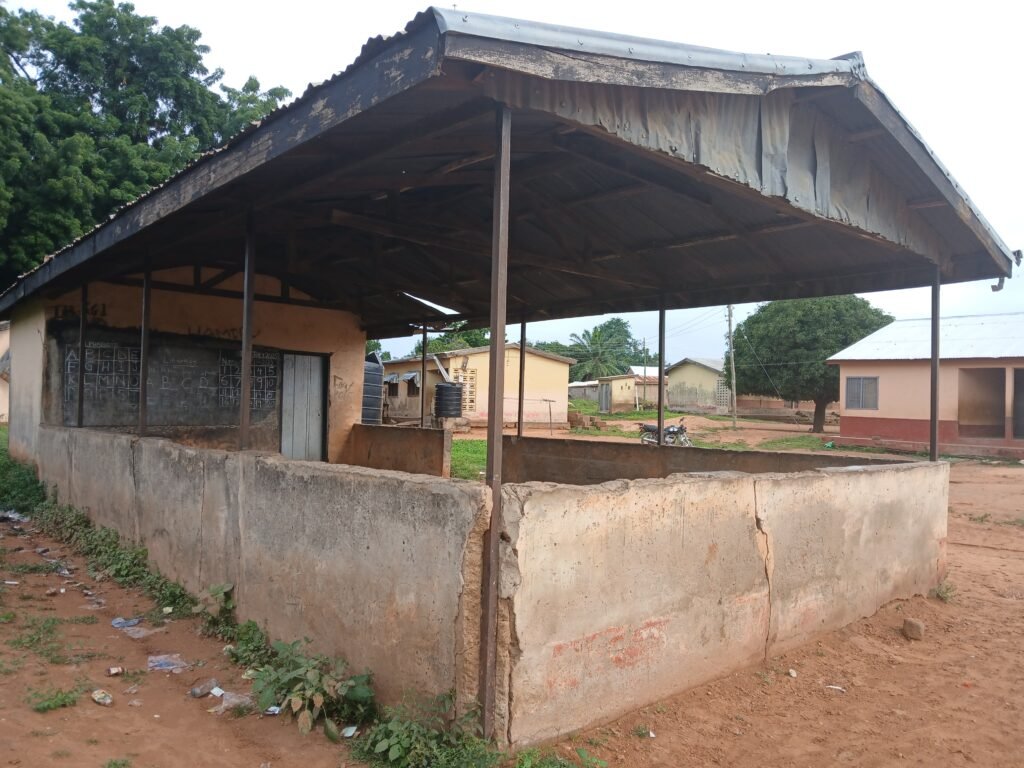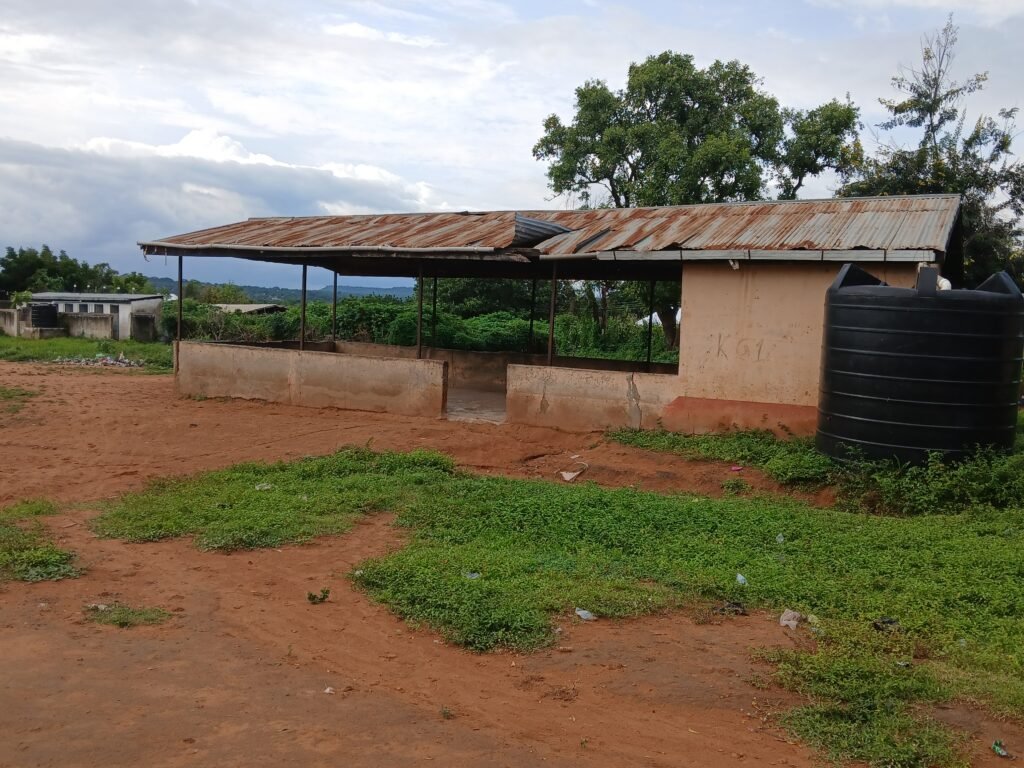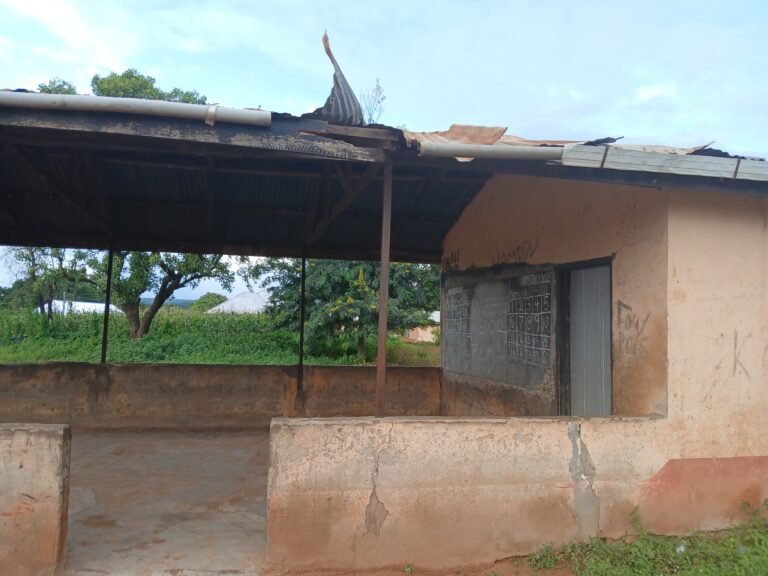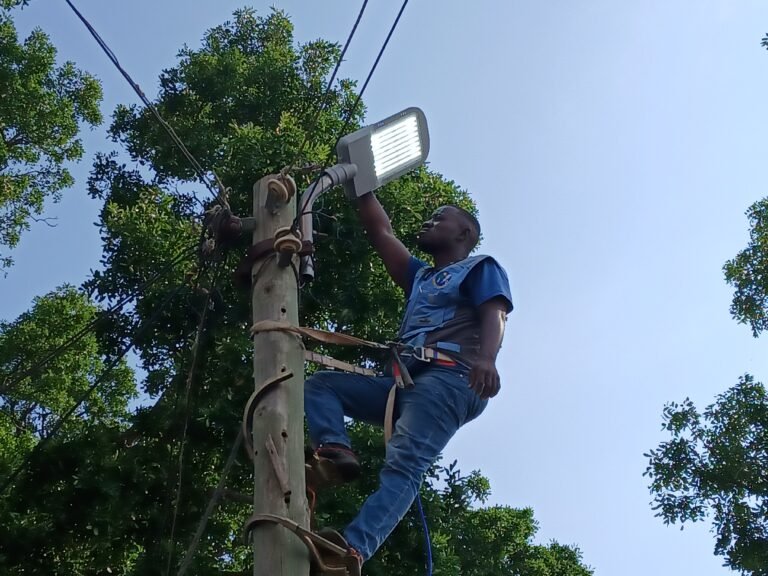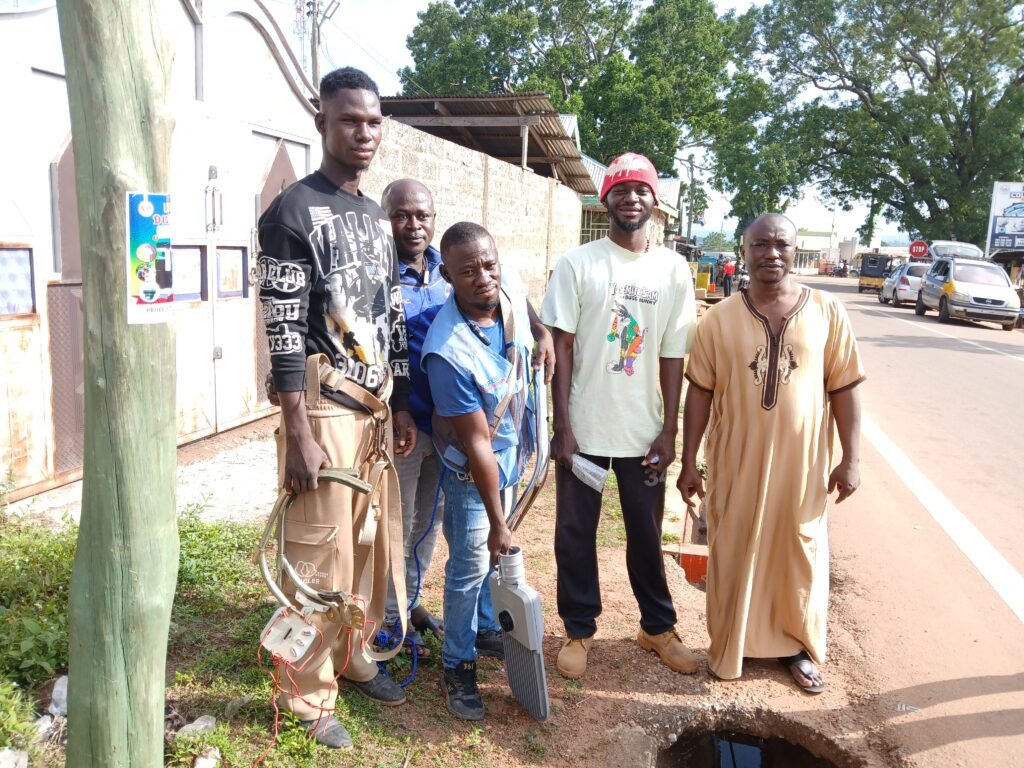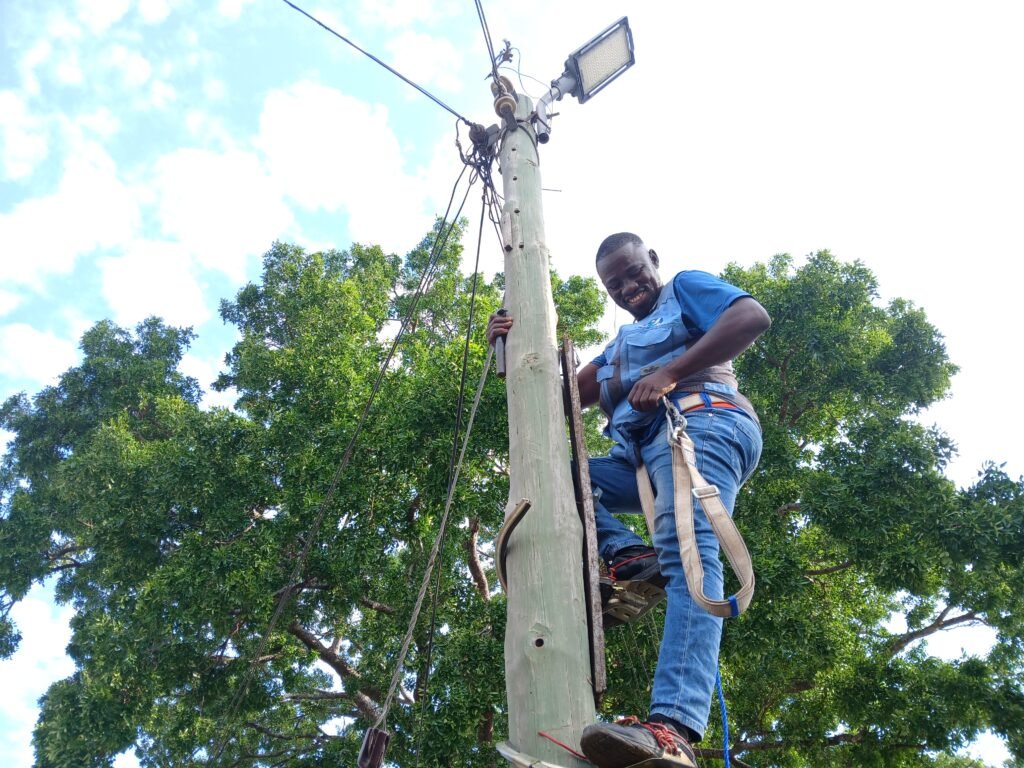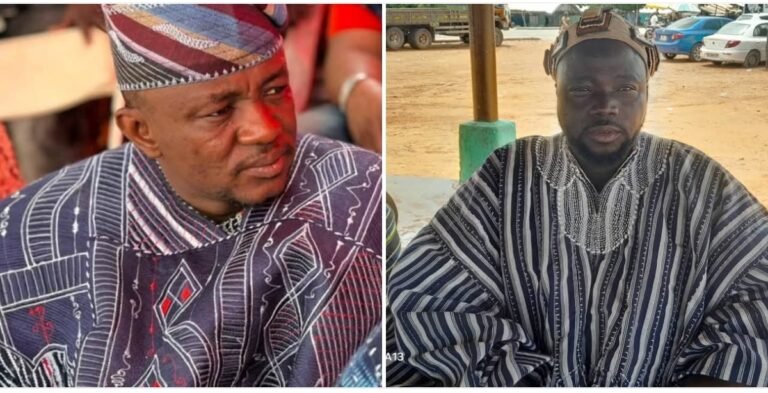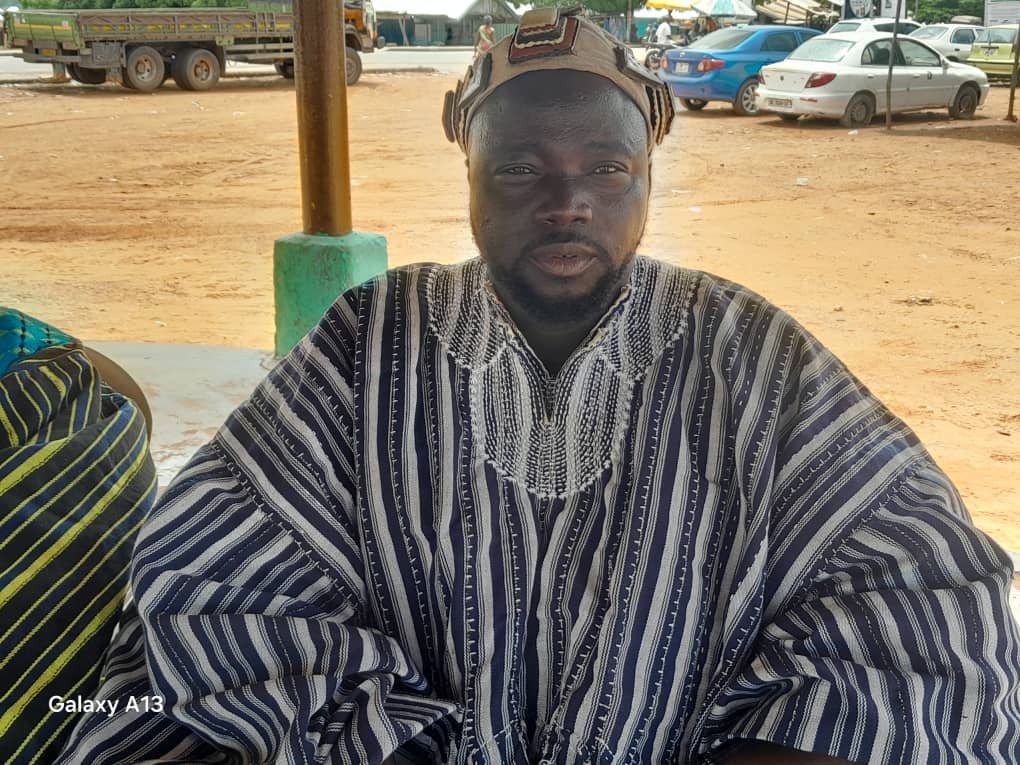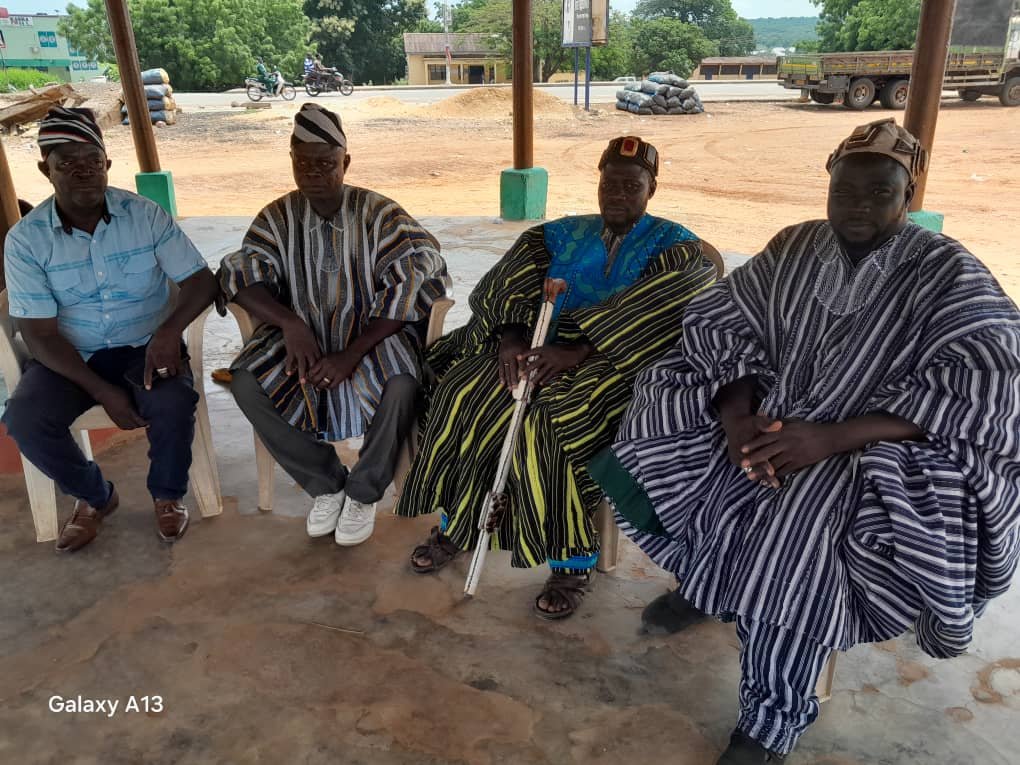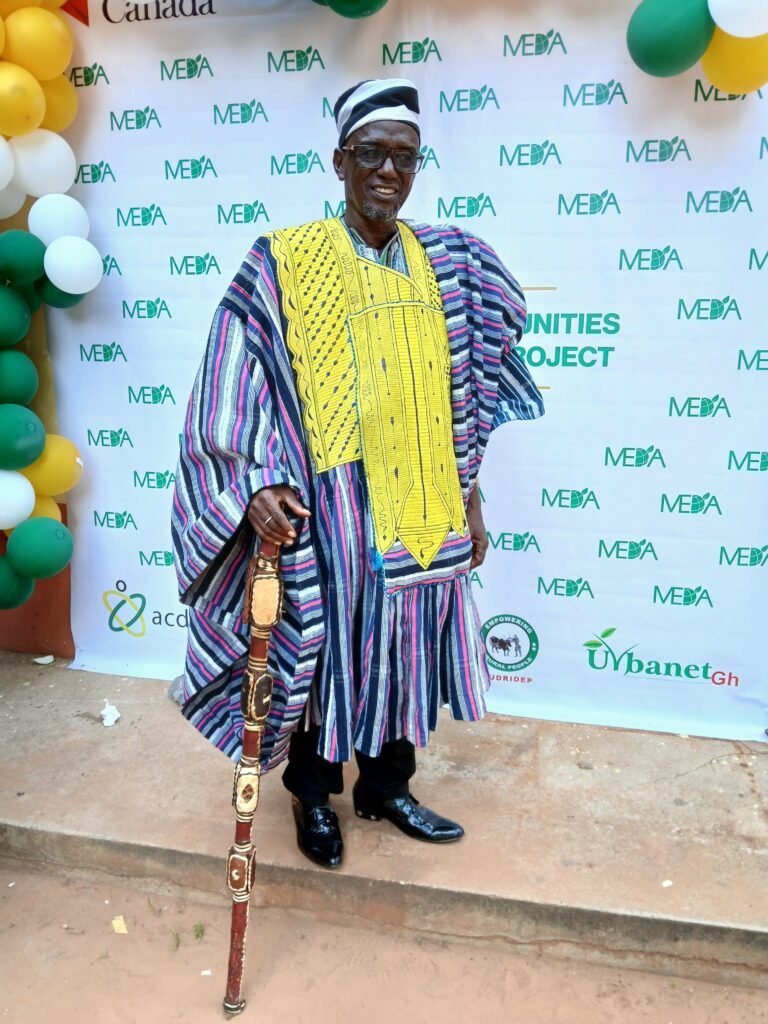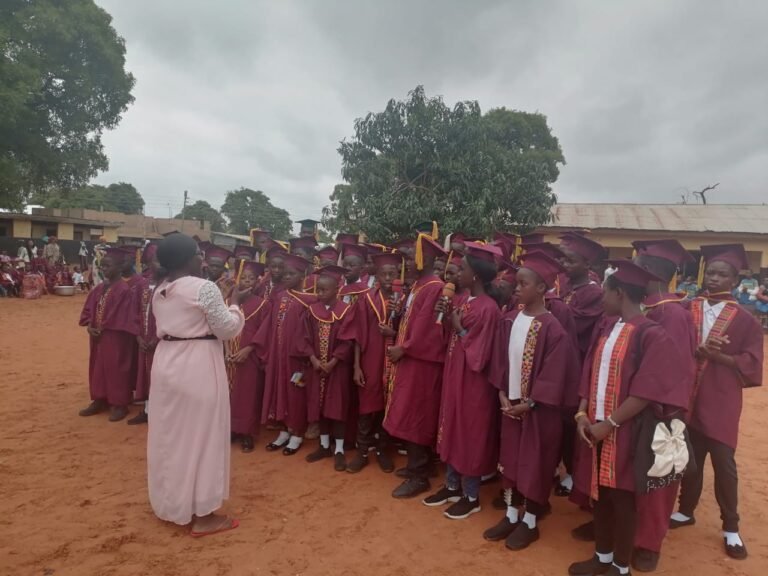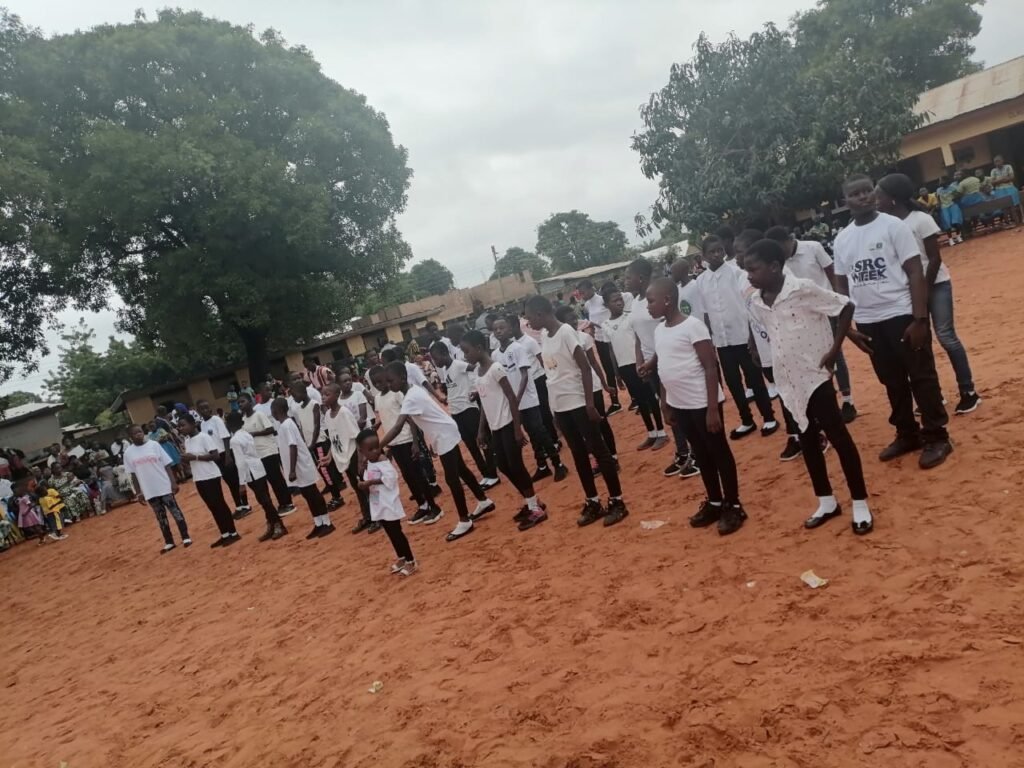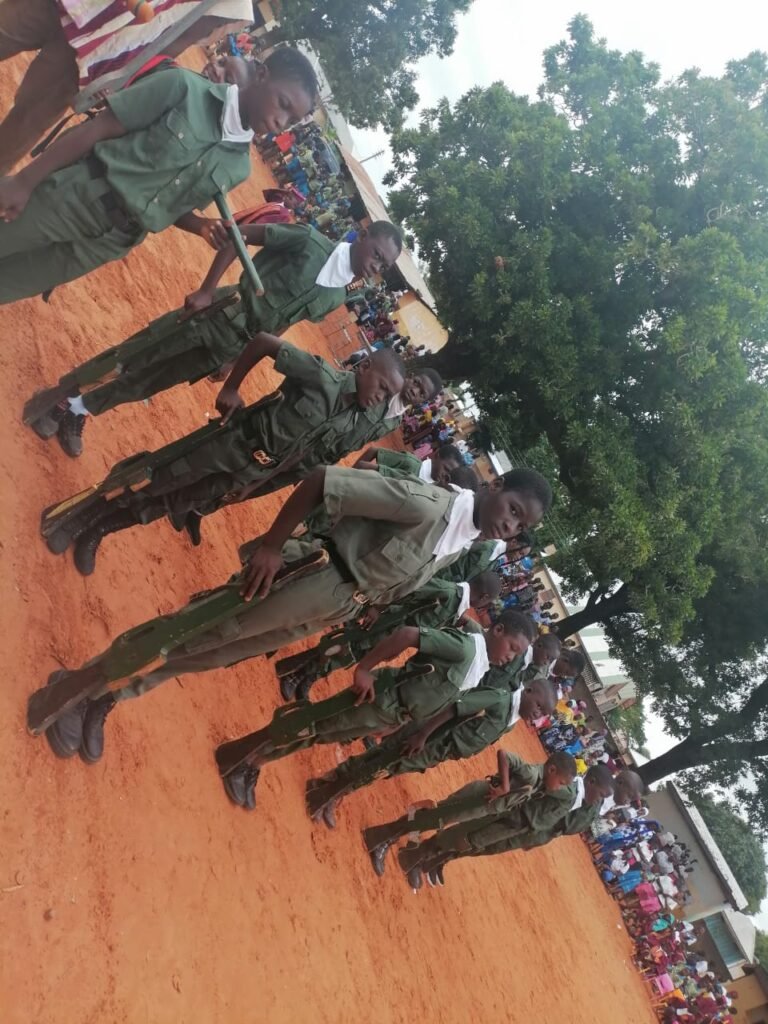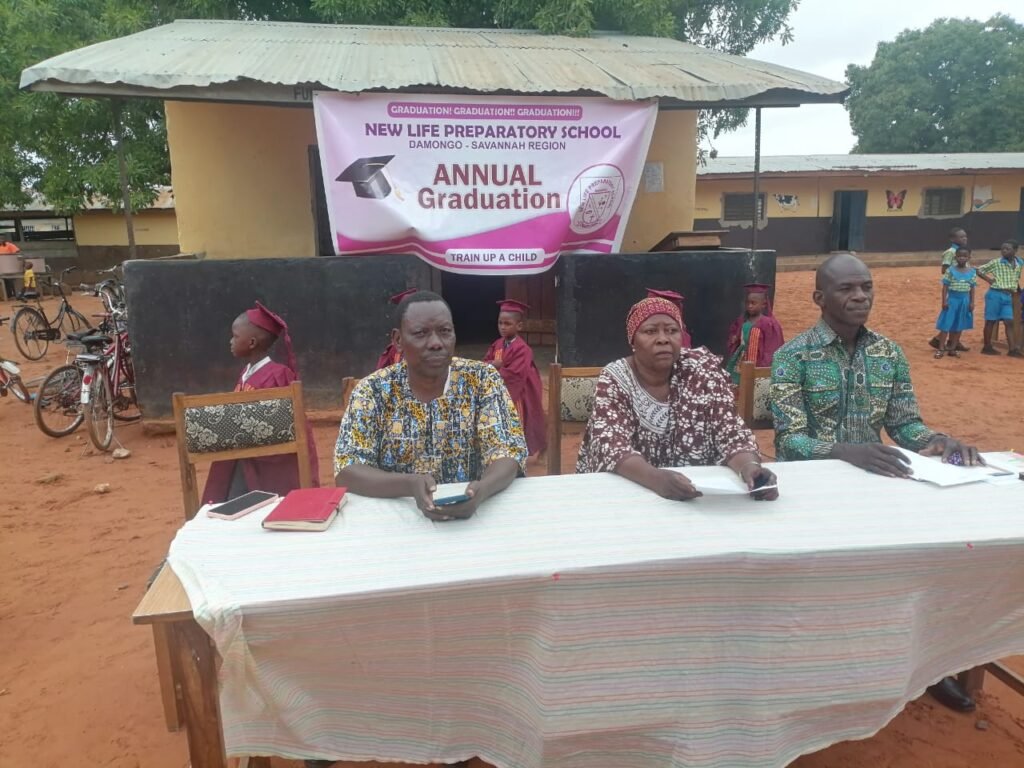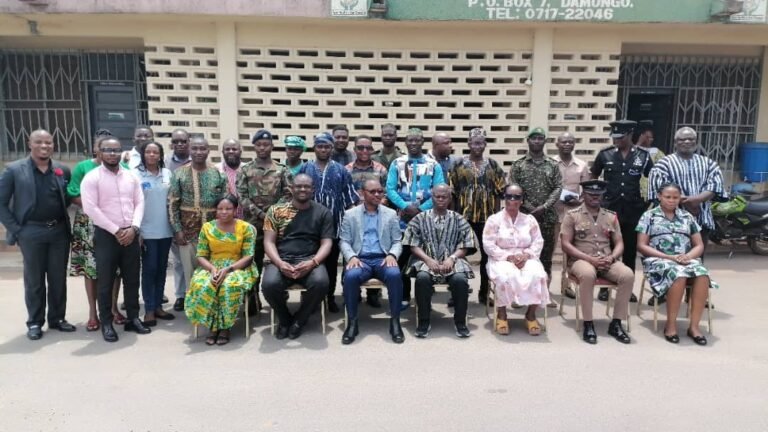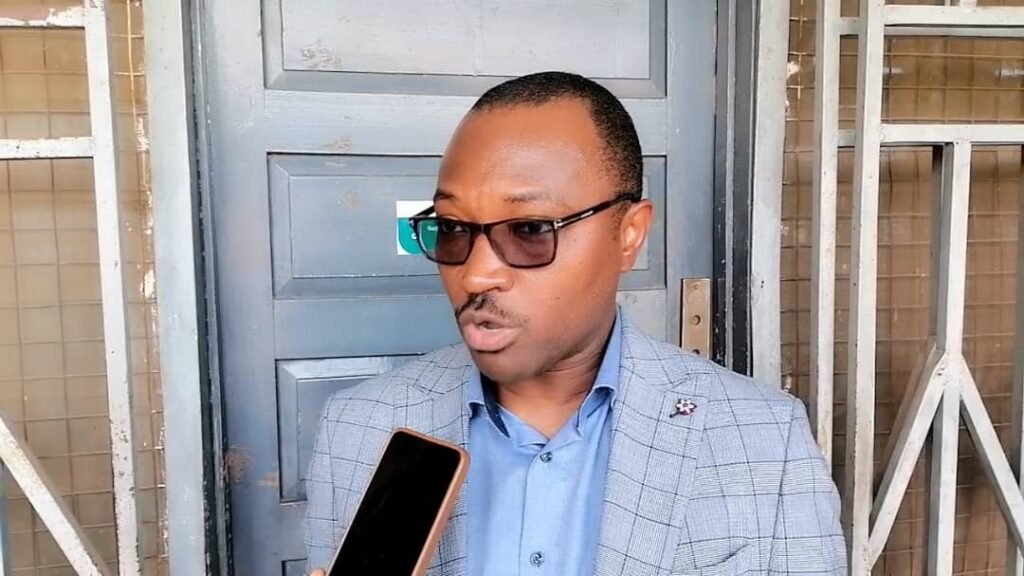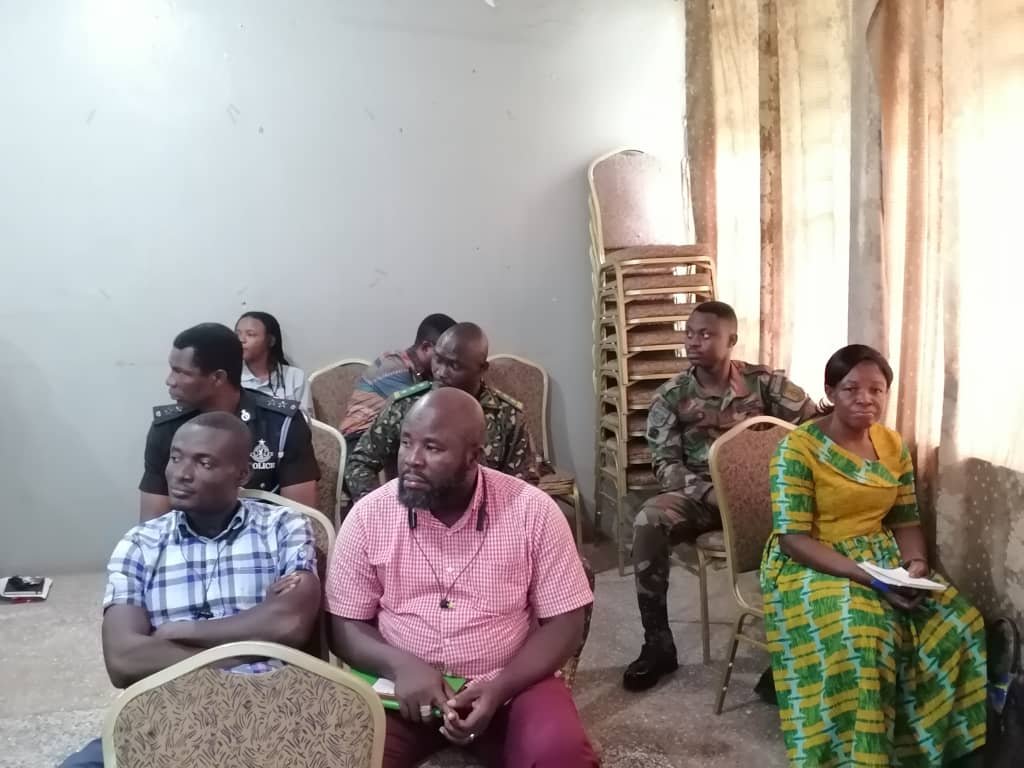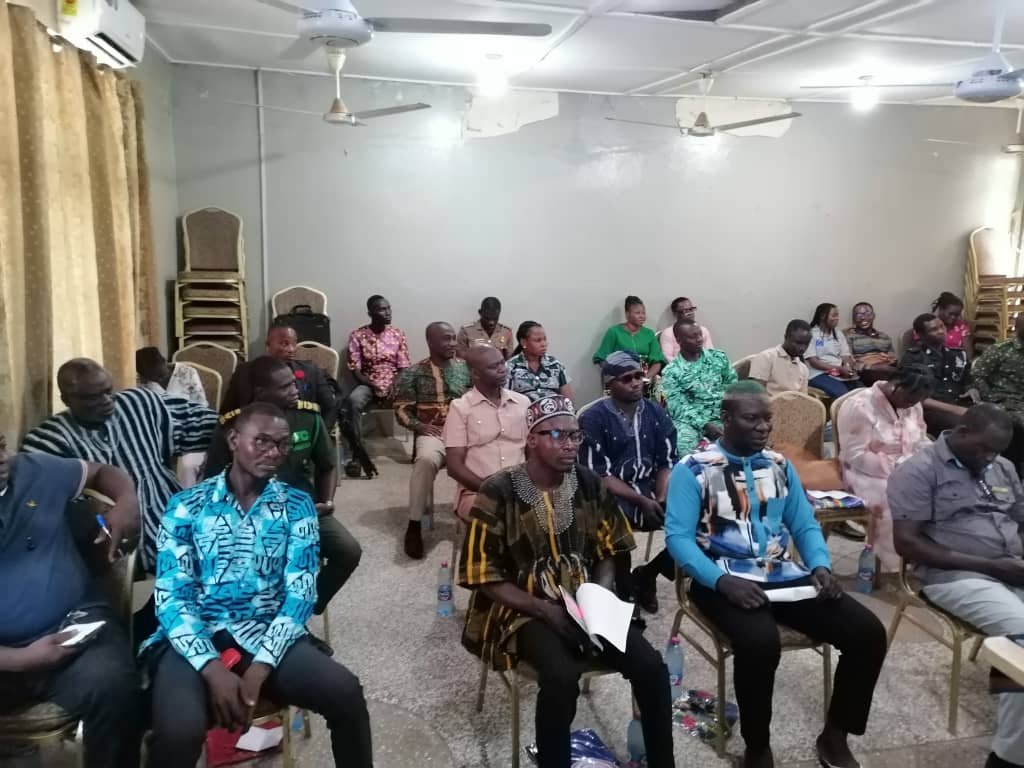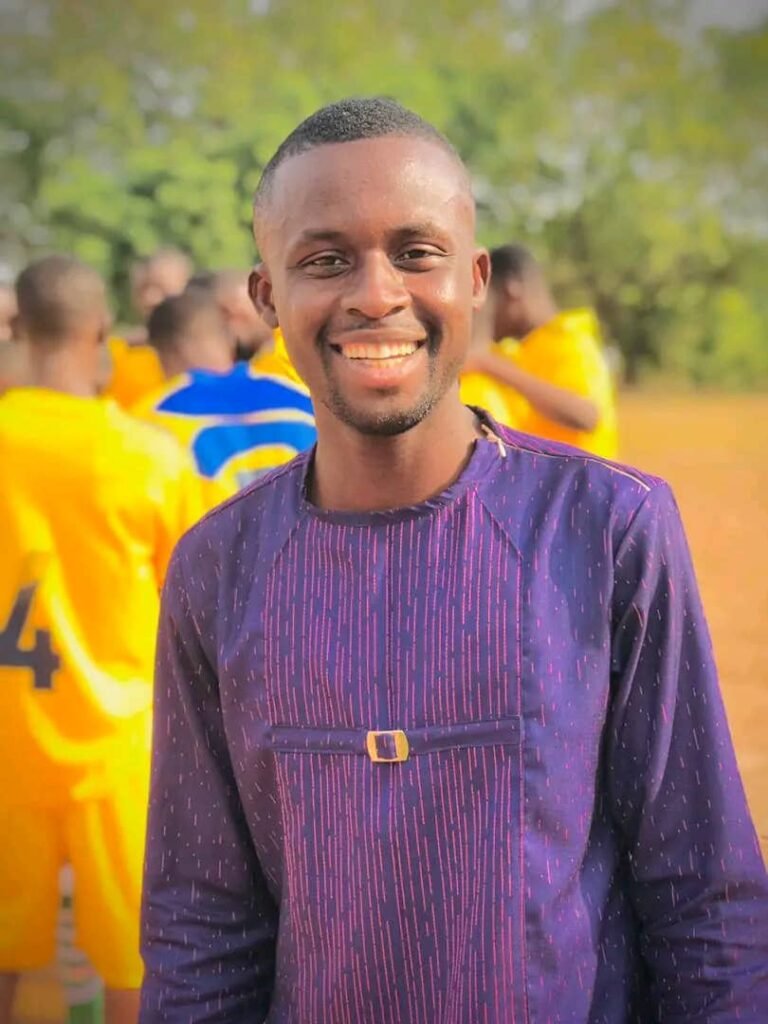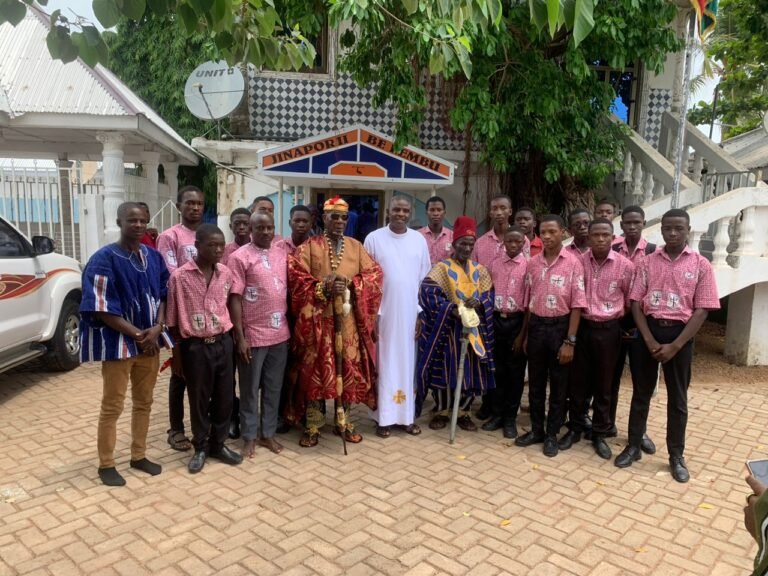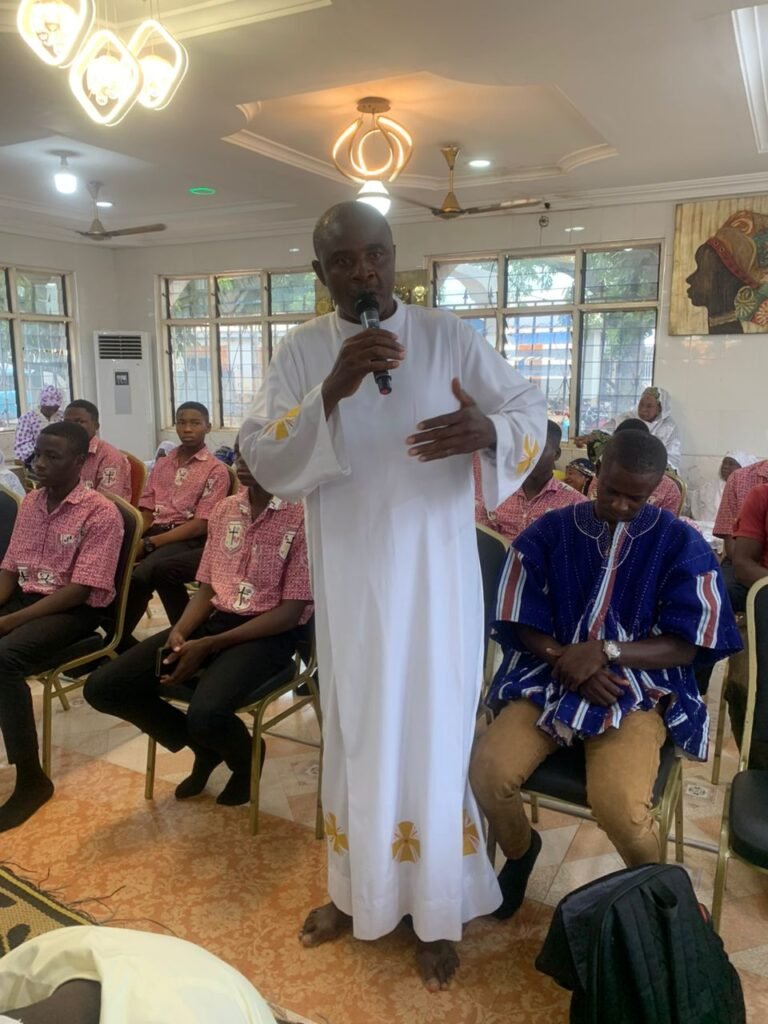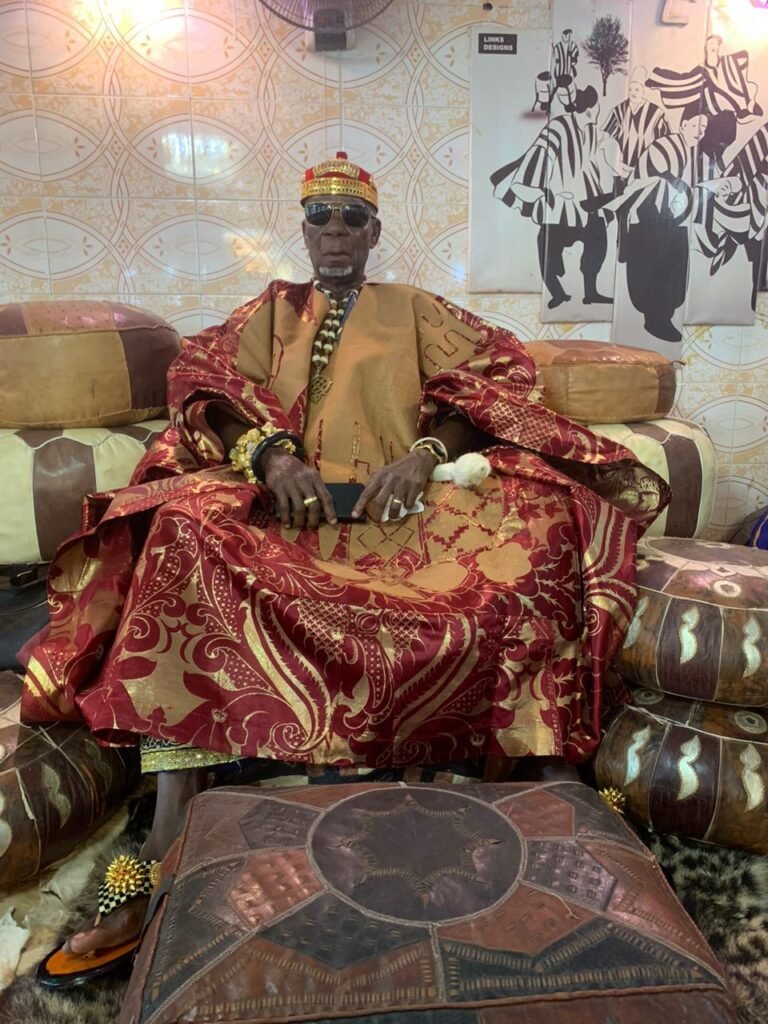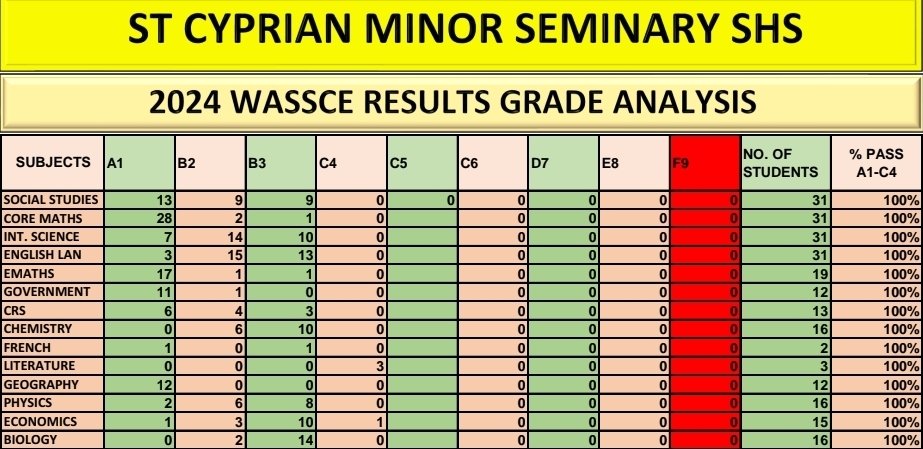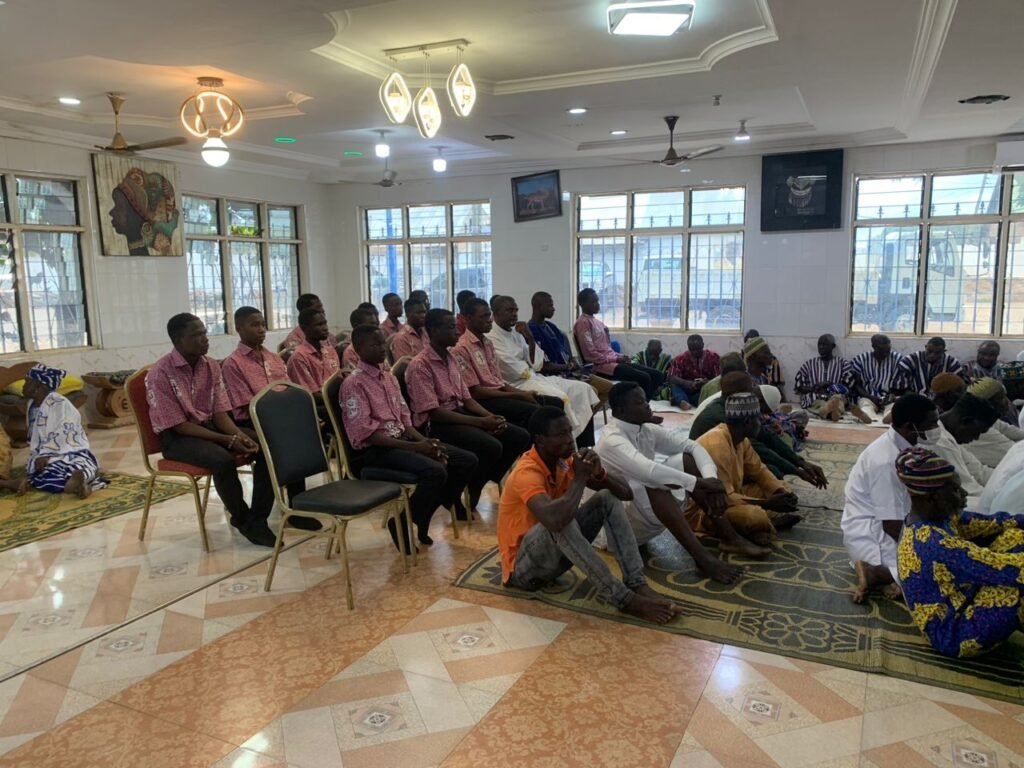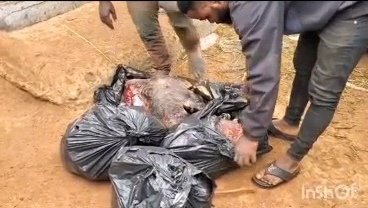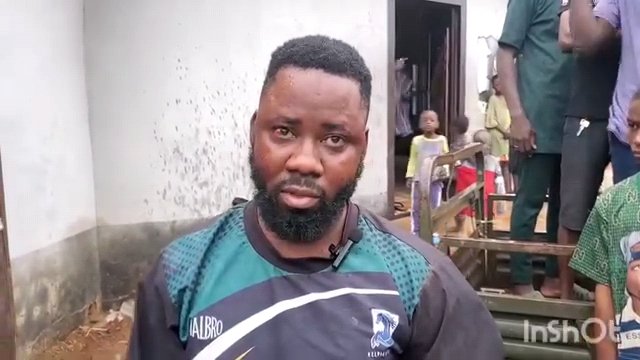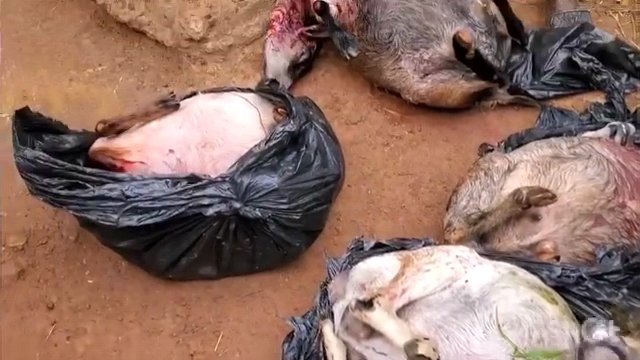By: Ananpansah Bartholomew Abraham(AB)
Freelance Journalist | MSc Oil and Gas Resource Management
Contact: 0241129910 / 0200704844
For many resource-rich nations, the ultimate aspiration is to transcend the cyclical trap of the “resource curse,” a paradox often attributed to the “Dutch disease.” This phenomenon arises when revenues generated from the extractive sector, particularly hydrocarbons(petroleum), distort the domestic economy by increasing demand for imports over domestic goods (“spending effect”) and shifting labor and capital away from other key sectors such as agriculture and manufacturing(“resource pull effect”). The resulting imbalance often leads to weakened economic linkages, volatile commodity markets, and long-term macroeconomic instability. Mehlum et al. (2006) observed that resource-rich nations such as Nigeria, Angola, Zambia, Sierra Leone, Saudi Arabia, and Venezuela have experienced slower or stagnant growth compared to resource-poor yet industrially successful countries such as South Korea, Taiwan, Hong Kong, and Singapore.
As a general principle, natural resource endowments,particularly petroleum, can serve as catalysts for national development if exploited efficiently and managed prudently. Petroleum refers to naturally occurring deposits of hydrocarbons, including crude oil, natural gas, and natural gas liquids—formed over millions of years through geological processes. Ghana, having only commenced commercial hydrocarbon production fifteen years ago, is still in the formative stages of determining its long-term trajectory(success or failure) in this sector.
Historical Overview of Ghana’s Oil and Gas Sector:
Ghana’s emergence as an oil-producing nation was officially marked in December 2010 with the commencement of commercial production from the Jubilee Field, located offshore in the Tano-Cape Three Points Basin. This milestone followed the 2007 discovery and drilling of the Mahogany-1 well by a consortium comprising Kosmos Energy, Anadarko Petroleum Corporation, Tullow Ghana Limited, Sabre Oil and Gas Holdings Limited, the EO Group, in conjunction with the Ghana National Petroleum Corporation (GNPC).
The Jubilee Field, located approximately 75 miles offshore, is considered one of the largest offshore discoveries in West Africa, with estimated recoverable reserves of between 600 million and 1.8 billion barrels of high-quality light crude (37.6 API), and approximately 800 billion cubic feet of natural gas (Kapela, 2009). In addition to Jubilee, Ghana has since brought two other fields—TEN and Sankofa Gye Nyame (SGN)—into production, from a total of approximately 25 offshore discoveries.
Petroleum resources in Ghana are located within four sedimentary basins: the Western Basin (Tano to Cape Three Points Basin), the Central Basin (including the Saltpond Basin), the Eastern Basin(Accra-Keta Basin), and the onshore or inland Voltaian Basin.
Following the 2007 discovery and with full awareness of the risks posed by the Dutch disease, Ghana adopted a comprehensive institutional and legislative framework to govern upstream and midstream operations. These frameworks were modelled on international best practices, particularly those of Norway, Timor-Leste, and Trinidad and Tobago. While commendable progress has been made, structural and implementation challenges persist and must be addressed—especially in light of the recent commercial discovery at Eban-Akoma.
Recent Seismic Surveys and the Eban-Akoma Discovery:
On July 3, 2025, Ghana’s Minister for Energy and Green Transition announced the successful appraisal and commercial viability of hydrocarbon deposits at the Eban-1X (oil) and Akoma-1X (gas and condensate) wells. These wells are located in the Cape Three Points Block 4 (CTP-B4), and their confirmation marks a significant advancement in Ghana’s upstream sector.
The joint venture responsible for this exploration and appraisal comprises Eni Ghana Exploration & Production Ltd, Vitol Upstream Tano Ltd, Woodfields Upstream Ghana Ltd, and GNPC’s subsidiary, Explorco, operating in collaboration with the GNPC itself.
Constitutional and Legal Framework: Resource Ownership and Citizen Empowerment.
Under Article 257(6) of Ghana’s 1992 Constitution, all natural resources, including petroleum, are vested in the President on behalf of and in trust for the people of Ghana. Section 3 of the Petroleum (Exploration and Production) Act, 2016 (Act 919) reiterates this point, reinforcing the notion that these resources are public assets and owned by the people of Ghana
However, the enforceability of this constitutional trust was tested in Adjaye & Others v. Attorney-General & Annor (Suit No. C144/94) where the court held that the trust created was not enforceable in the law court. The Court, in arriving at this decision, relied on Tito v. Waddell (No. 2) [1977] to hold that the trust created under Article 257(6) was not judicially enforceable since it was not in the nature of a fiduciary relationship(trust in the lower sense). Rather, it represents a higher political trust that is executed through governance mechanisms(trust in the higher sense).
To check executive authority, Article 268(1) of the Constitution mandates parliamentary ratification of any contract involving the grant of rights for resource exploitation. A two-thirds majority in Parliament may exempt certain contracts under Article 268(2). In Republic v. High Court, Ex Parte Exton Cubic (2019), the Court underscored the necessity of parliamentary oversight as a proxy for the people’s approval, reinforcing democratic accountability in resource governance.
Institutional and Legislative Frameworks for Upstream and Midstream Petroleum Operations:
Although a detailed evaluation of the adequacy of Ghana’s petroleum legislation is necessary, it is broadly acknowledged that the current legal framework is robust. The key issue lies in addressing the structural and implementation deficiencies.
The core legal instruments governing Ghana’s oil and gas sector, especially the upstream and midstream petroleum operations, include:
●1992 Constitution of Ghana.
●GNPC Act, 1983 (PNDCL 64).
●Petroleum Commission Act, 2011 (Act 821).
●Petroleum Revenue Management Act, 2011 (Act 815), as amended by Act 893 (2015).
●Petroleum Exploration and Production Act, 2016 (Act 919).
●Petroleum Income Tax Act (PNDCL 188).
●Model Petroleum Agreement (MPA).
A. Petroleum Commission: regulating the Upstream Sector.
The establishment of the Petroleum Commission under Act 821 and in accordance with article 269 of the 1992 constitution marked a significant shift in regulatory governance. The Commission assumes responsibility for oversight of upstream activities, thereby eliminating the conflict of interest previously associated with GNPC’s dual role as regulator and operator.
In addition to regulating upstream operations, the Commission promotes local content, enforces health, safety, and environmental standards, and ensures that petroleum activities contribute meaningfully to national welfare.
B. Petroleum Exploration and Production Act (Act 919):
Act 919 provides a comprehensive legal regime for managing petroleum exploration, development, and production. It defines the contractual relationship between the State, GNPC, and investors, prioritizing transparency, sustainability, and national interest.
Sections 5 and 11 prohibit petroleum operations without a formal agreement, except by GNPC. The Act mandates transparency and accountability (Section 4), empowers the Minister to demarcate Ghana’s sedimentary basins into blocks, allocate those blocks (Section 6), and restricts share transfers exceeding 5% without ministerial approval.
The State, through GNPC, has the right to acquire up to 15% carried interest during exploration and development (Section 10.14), with an option to increase its stake to 25% following a declaration of commercial discovery, safeguarding public interest in strategic resources.
C. Petroleum Revenue Management Act (Act 815, as amended):
This Act was enacted to ensure the transparent and sustainable management of petroleum revenues. Its objectives include prudent fiscal management, intergenerational equity, and public accountability in accordance with Article 36 of the 1992 constitution.
Key provisions include:
- Petroleum Holding Fund (PHF): Established at the Bank of Ghana to receive and disburse all petroleum-related revenues.
- Public Interest and Accountability Committee (PIAC): A citizen-led statutory body that ensures citizen engagement, oversight, and regular reporting on the use of petroleum revenues thereby, deepening transparency and accountability.
- Investment Advisory Committee (IAC): Develop a benchmark portfolio and advise the Minister on investment strategies for the Ghana Petroleum Funds, ensuring fiscal responsibility and reducing the risk of mismanagement.
- Ghana Petroleum Funds (GPF): Comprising the Ghana Stabilization Fund (GSF) and Ghana Heritage Fund (GHF), these are strategic instruments for savings and stabilization(investment).GHF for instance secures the development of future generations through savings when the petroleum reserves are completely depleted.The GSF on the other hand, is to cushion and sustain public expenditure in times of un-anticipated petroleum revenue shortfall.They (GHF and GSF) are to be consolidated into the Ghana Petroleum Wealth Fund one year after the depletion of reserves.
- Annual Budget Funding Amount (ABFA): Allocated to priority development areas under a medium-term framework, with a minimum of 70% earmarked for public investment and 25% for the Ghana Infrastructure Investment Fund (GIIF).
- Exceptional Transfers: Permitted for specific purposes, including tax refunds and community compensation.
Challenges and Implementation Gaps:
Despite the legislative strengths, several systemic challenges persist:
- Over-reliance on ABFA for recurrent (consumption-based) expenditures undermining transformative potential of oil revenue.
- Weak linkages between petroleum and non-petroleum sectors.
- Inconsistencies in ABFA-funded priority areas due to political transitions.
- Weak enforcement of accountability provisions leading to misuse and misapplication of earmarked funds.
- Inefficiencies in project execution and evaluation.
- Underfunding of the GHF, undermining intergenerational equity.
The Promise of the Eban-Akoma Discovery: Lessons and Policy Recommendations
As Ghana transitions towards commercial development of the Eban-Akoma fields, it is imperative to draw lessons from previous experiences and implement targeted reforms:
- Establish a Sovereign Petroleum Investment Authority, modelled after Norway’s Government Pension Fund Global, to manage petroleum revenues independently and professionally.
- Implement a long-term development framework for ABFA utilization under the National Development Planning Commission.
- Amend the PRMA to curtail ABFA usage for recurrent expenditure and prioritize infrastructure and essential services delivery in health, education, roads, and highways.
- Enforce stricter legal sanctions for financial mismanagement, breach of investment rules, delays, and reporting failures.
- Strengthen PIAC’s mandate with investigative powers and enhance community monitoring capacity for projects executed with petroleum revenue to foster grassroots accountability.
- Unify political consensus on petroleum governance to depoliticize strategic decisions, as was the case under the Norwegian model.
- Promote local content and participation, as stipulated in L.I. 2204, to enhance state control and inclusive benefits.
Conclusion:
The aspiration of every resource-rich country is to avoid the resource curse and transform its resource wealth into sustainable national development. Ghana’s early efforts—through legislative innovation and institutional establishment have laid a solid foundation. However, the recent Eban-Akoma discovery presents a timely opportunity to reinforce these gains through reforms that promote efficiency, accountability, and long-term national welfare. Strengthening enforcement, ensuring fiscal discipline, and committing to intergenerational equity will be critical in transforming Ghana’s petroleum wealth into a blessing, not a curse.
Sources:
- Public Interest and Accountability Committee (PIAC) 2024 Semi-Annual Report
- Petroleum Revenue Management Act, 2011 (Act 815) as amended by Act 893 (2015)
- Petroleum Exploration and Production Act, 2016 (Act 919)
- Springfield Group – Offshore Discovery
- PIAC – Oil Production Decline
- Kwesi Dartey-Baah et al. “Emerging Dutch Disease in Emerging Oil Economies: Ghana’s Perspective”
- “Model of State Management of Petroleum Sector – Case Study of Norway,” Interdisciplinary and Political Science Journal, Vol. 20, No. 1/2017
